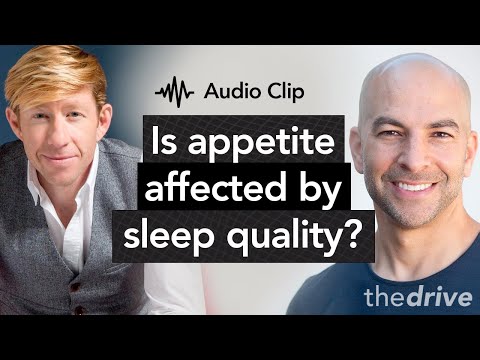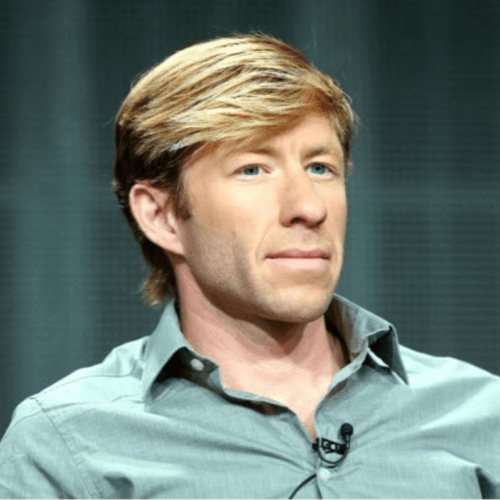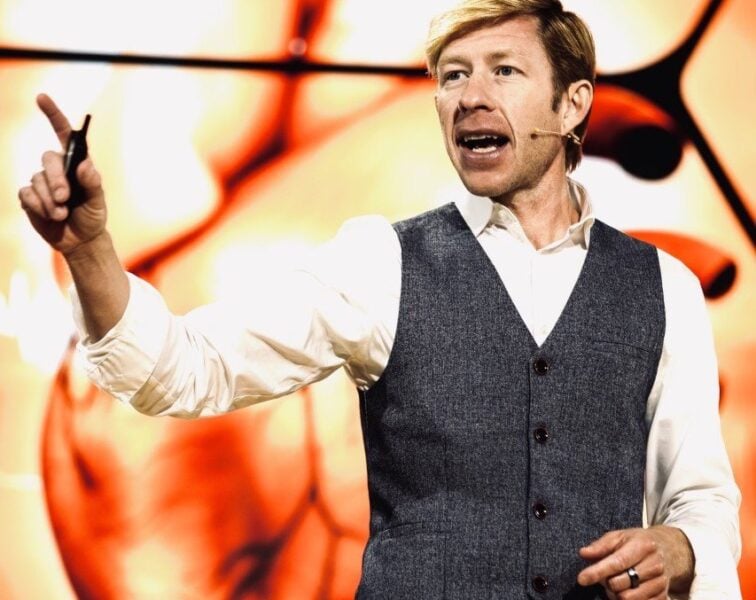This audio clip is from our sleep series with Matthew Walker, Ph.D. — episode #58 – strategies for sleeping more, sleeping better, and avoiding things that are disrupting sleep. This episode originally aired on June 17, 2019.

Show Notes
How is appetite affected by our sleep quality? [17:30]
When you are sleep deprived:
- The brain receives is a signal that is not dissimilar to starvation
- It releases a cascade of hormones that change your appetite profile
- So you’ll want to eat more
- And you’re less satisfied after you eat food
Why?
- Human beings seem to be the only species that will deliberately deprive themselves of sleep for no apparent reason
- The only other time that we see this in the wild where it does seem to have an impact is when animals are under conditions of starvation
- So when the body undergoes sleep deprivation, the brain thinks, “Oh, I must be under conditions of starvation… I must stay awake and forage for food.”
- But it’s a “fake starvation signal” which increases a hormone called ghrelin (which makes you want to eat more) and it suppresses a hormone called leptin (which gives you a feeling of fullness)
“Overall, hunger levels go up, you start to eat more. Now, we combine that with this lack of motivation of exercise in all sorts of obesogenic directive territory. Eating more, wanting to exercise less. You’re burning fewer calories. That usually is why we’re starting to understand part of the sleep-dependent obesogenic equation.”

Matthew Walker Ph.D.
Dr. Walker earned his degree in neuroscience from Nottingham University, UK, and his PhD in neurophysiology from the Medical Research Council, London, UK. He subsequently became a Professor of Psychiatry at Harvard Medical School, USA. Currently, he is Professor of Neuroscience and Psychology at the University of California, Berkeley, USA. He is also the founder and director of the Center for Human Sleep Science.
Dr. Walker’s research examines the impact of sleep on human health and disease. He has received numerous funding awards from the National Science Foundation and the National Institutes of Health, and is a Kavli Fellow of the National Academy of Sciences.
Dr. Walker is the author of the International Bestseller, Why We Sleep. It has a singular goal: to reunite humanity with sleep.
In addition, Dr. Walker is an internationally recognized speaker, a successful entrepreneur, and a Sleep Scientist for Google.
[sleepdiplomat.com]
Twitter: @sleepdiplomat
Center for Human Sleep Science: https://www.humansleepscience.com/
Matthew’s publications: https://www.humansleepscience.com/p-u-b-l-i-c-a-t-i-o-n-s



